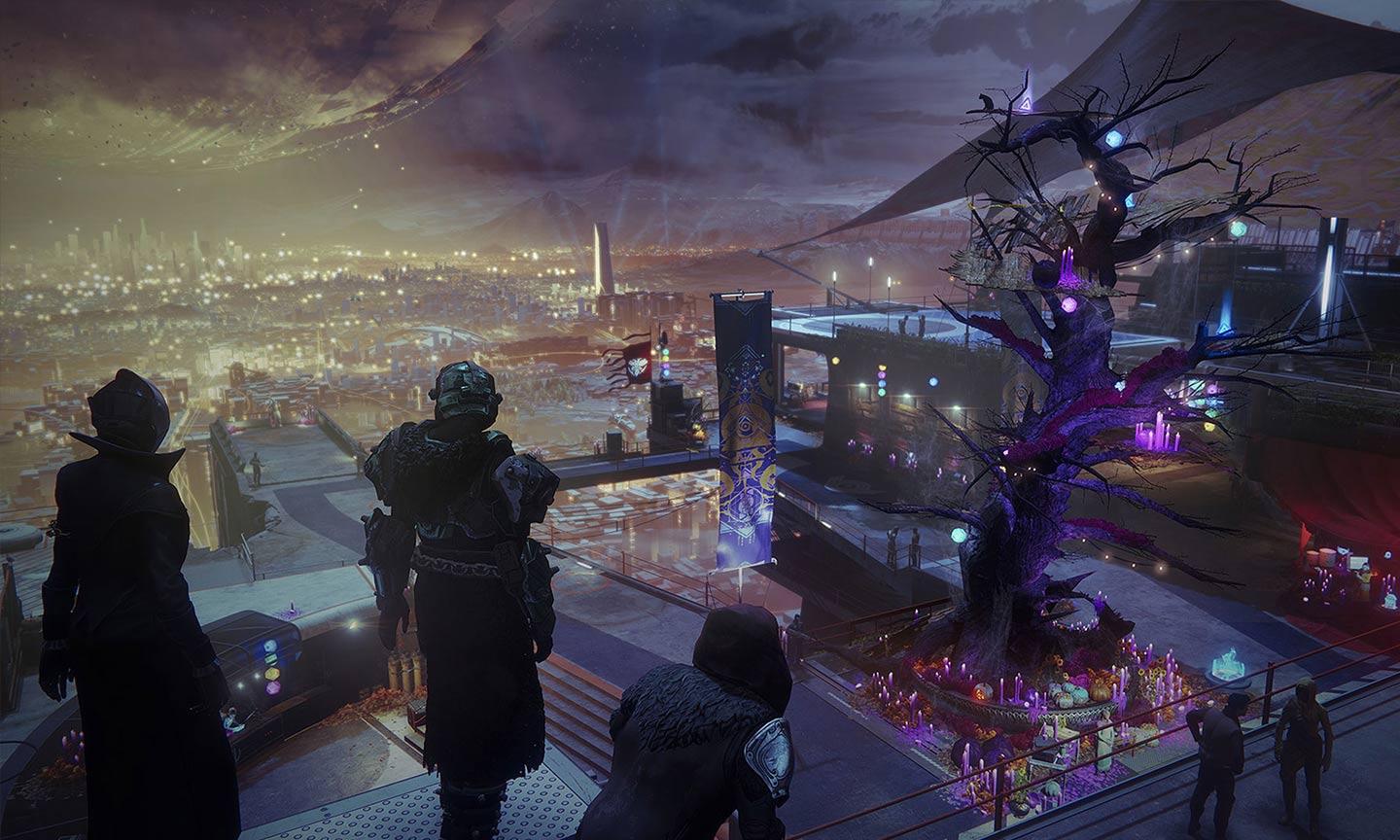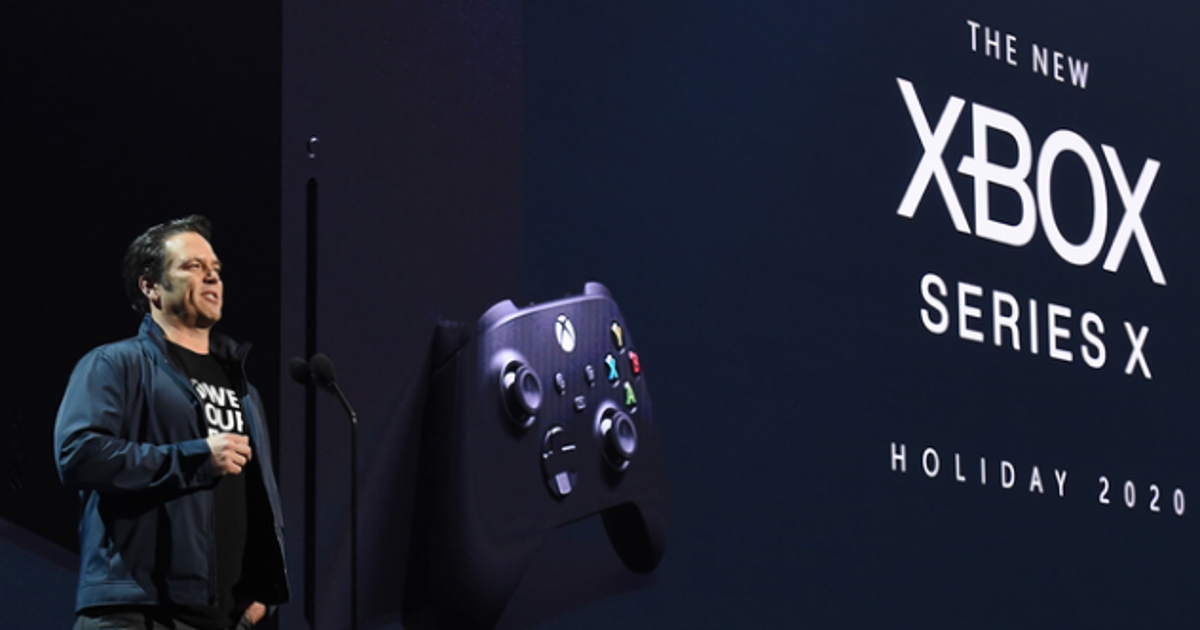This is part of a series of features with Xbox Game Studios. Check out the teams discuss developing games for Game Pass…

www.gamesindustry.biz
Mojang:
Mojang studio head Helen Chiang continues: "The approach we took to the acquisition came from Matt. A lot of times you see big companies buy smaller companies, and it's easy to lose the magic of what you've purchased. It was really important that this acquisition was about retaining all of that great talent within the studio, and ensuring that you're continuing to foster that creative spirit. It's not all about business results; it is about building a foundation of trust. As you can imagine, there was quite a gap in the culture between an indie studio and a large corporate company like Microsoft. It was about making sure they trusted that the leaders were not going to do harmful things to Minecraft."
She continues: "And how Matt integrated Mojang really helped set the stage for how Xbox acquired and integrated all of the additional studios. Before, Microsoft acquired companies in a specific way. And this not only set the foundation for additional game studios, but when you look at LinkedIn and GitHub, they also have this minimally integrated approach. That really was something that Mojang set the foundation for."
Double Fine:
"Things have been almost exactly the same, just without the terror of going out of business all the time," says Double Fine boss Tim Schafer. "We've been doing this for 20 years, so it's not that terrifying. But you do think about where we're going to get the next six months of salaries from. That fills your mind a lot, and I am just getting used to my mind being free of that. Being able to apply it to games and creativity has been an adjustment, but a really great adjustment."
Obsidian:
Obsidian head Feargus Urquhart says: "Around spring or summer last year, I had a number of employees who were super disappointed because they thought it was going to be more different. Not from the standpoint of us not being supported, but because they felt we were becoming part of this 'big Microsoft'.
"The only really different aspect of my day-to-day is not having to be the guy getting the money from the publishers. That has also changed how we approach development. A lot of times as an independent, how you develop games is dictated by the partner, because it's their money and they have a way they want you to make a game. It's been cool to apply those years of experience, and say 'hey, we can make the games the way we want to make them'."









